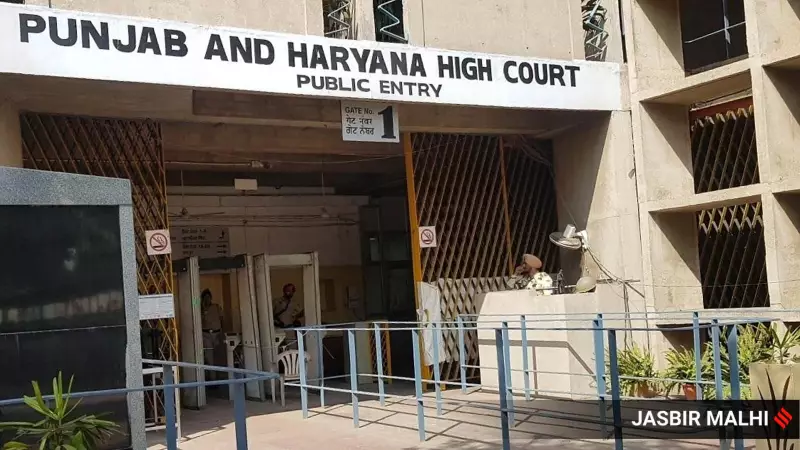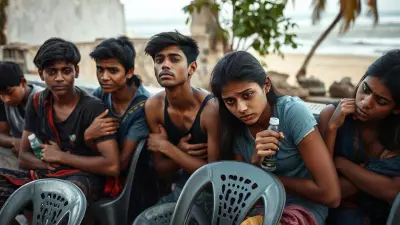
The Punjab and Haryana High Court has issued a significant directive to both central and state governments, giving them a strict two-month deadline to address serious concerns about food safety regulation in the region. This development comes in response to a public interest litigation that exposed alarming gaps in the enforcement of food safety laws.
Court Intervention Spurs Government Action
On November 17, a division bench comprising Chief Justice Sheel Nagu and Justice Sanjiv Berry disposed of the PIL filed by lawyer Kanav Goyal and another petitioner. The court directed the Union Ministry of Health and Family Welfare along with the Food Safety Commissioners of Punjab and Haryana to pass detailed orders on the petitioners' October 3, 2025 representation.
The bench clarified that it wasn't expressing any opinion on the case merits but was ensuring that the concerns raised received proper consideration. The petitioners expressed satisfaction with this limited direction, leading to the disposal of the PIL while preserving their right to approach the court again if dissatisfied with the government's response.
Shocking Food Safety Violations Uncovered
The petition presented disturbing evidence of widespread non-compliance with the Food Safety and Standards Act, 2006. RTI data revealed that in Punjab, an alarming 80% of all food samples collected statewide were declared unsafe or sub-standard. Haryana showed slightly better but still concerning results with approximately 30% of samples failing safety standards between April 2021 and March 2025.
Specific district-level data from Haryana painted a grim picture:
- Ambala: All 19 samples from petty manufacturers found unsafe
- Kaithal: 14 unsafe samples detected
- Sirsa: 13 unsafe food samples identified
- Rohtak: 13 samples failed safety standards
In Punjab, the situation appeared even more disorganized with only 8 out of 23 districts providing data on samples from registered petty vendors. The remaining 15 districts either didn't respond or claimed no separate records were maintained.
Systemic Failures in Food Safety Enforcement
The petition highlighted multiple systemic failures in food safety regulation across both states. Food safety officers conducted minimal raids and sample collections despite statutory requirements. Criminal prosecutions were rarely initiated even when samples failed safety tests, and coercive action against violators was virtually non-existent.
Additional concerns included:
- No uniform procedures for licensing, sample collection, testing or prosecution
- Inadequate awareness programs targeting street vendors and mobile food sellers
- Allegations of nepotism, graft and malfeasance among enforcement officers
- Near-total collapse of on-ground enforcement mechanisms
The petitioners sought comprehensive reforms including clear Standard Operating Procedures for FSSAI Act enforcement, simplified registration processes for petty vendors, regular inspections, action against negligent officers, dedicated food testing laboratories, mandatory criminal complaints in unsafe sample cases, enhanced penalties for adulteration, and establishment of Food Safety Tribunals in both states.
During the hearing, Kanav Goyal appeared in person while Senior Advocate Dheeraj Jain represented the Union of India. Haryana was represented by Additional Advocate General Neeraj Gupta and Punjab by Senior Deputy Advocate General Salil Sabhlok, who assured the court that the petitioners' representation would be examined according to legal provisions.





